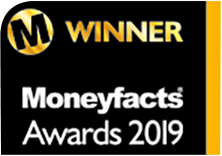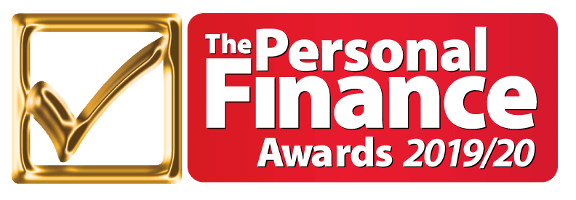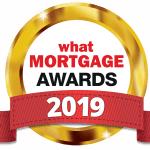When you're applying for a loan, it's not simply a case of finding the cheapest way to borrow money. Sure, getting the lowest possible monthly repayments may be a priority but there are other factors you need to consider too. Secured and unsecured loans offer different solutions but have some very fundamental differences.
Knowing exactly what you're agreeing to is important before you sign on the dotted line because a loan is a significant financial commitment. Here's a quick overview of secured loans and unsecured loans, and the main differences between the two.
What is a secured loan?
Secured loans, also known as homeowner loans or second charge mortgages, offer a way of using the equity in your property to reduce the risk for the lender. They are available to homeowners with a mortgage where there is a surplus of equity.
Secured loans are suitable for a wide range of purposes from property renovations and improvements, car purchases or debt consolidation. A secured loan is typically for a higher sum: from £5,000 to £2,500,000 could be available depending on your circumstances, with a repayment term of 3-25 years.
The amount you can borrow depends on how much equity there is in your home. Lenders won't be willing to allow you to borrow against 100% of your property value so don't bank on being able to use every penny your home is worth.
Secured loans are often available at a lower rate of interest, and are also available to borrowers with a poor credit history. This is because if you default on your payments, your home could be at risk. This is the most important point to understand about secured loans and what you're agreeing to.
Although the monthly repayments on secured loans may be cheaper, if the term of the loan is longer you may end up paying more overall.
Pros and cons of a secured loan
Pros:
- Lower monthly repayments can ease the strain on your finances
- You can borrow higher sums, depending on your circumstances
- They're available to more people, including those with a poor credit history
- They can be used for a range of purposes, including debt consolidation
Cons:
- You may pay more in the end, especially if you choose a lengthy repayment term
- Your home will be at risk if you do not keep up with repayments
- Lenders will only consider utilising a certain amount of free equity in your property so you might not be able to borrow as much as you think
What is an unsecured loan?
The primary difference with an unsecured loan is that anyone can apply; you don't need to be a homeowner. However, as a general rule you'll need to have at least a fair credit score to be accepted. There are some lenders who will consider a bad credit unsecured loan but the repayments and interest rates will be higher.
If your credit rating is poor and you don't qualify for an unsecured loan, an alternative such as a guarantor loan may be an option.
There are many different types of unsecured loans available, from short-term loans with a repayment term of just 30 days to longer-term unsecured loans of up to five years. The amount available to borrow is dependent upon your credit rating and affordability, but ranges from £50 to £25,000.
If you fall into arrears with an unsecured loan, your property will not be at risk. This is because it wasn't offered as security as part of the loan agreement.
Pros and cons of an unsecured loan
Pros:
- Available to everyone, not just homeowners with a mortgage and equity
- You can apply to borrow small amounts as well as fairly substantial sums
- There are many different types of unsecured loans available offering a variety of repayment terms and interest rates
- Your home will not be at risk if you fall into arrears.
Cons:
- You'll need a semi-decent credit score to qualify, especially for the better deals
- If your credit rating is lower, you may not be offered the interest rates advertised
- Monthly repayments and interest rates tend to be higher than secured loans.
Although both secured and unsecured loans offer a way to borrow money, they are very different products. If you're not sure about what's right for your circumstances, you may want to consider seeking independent financial advice before you apply.



